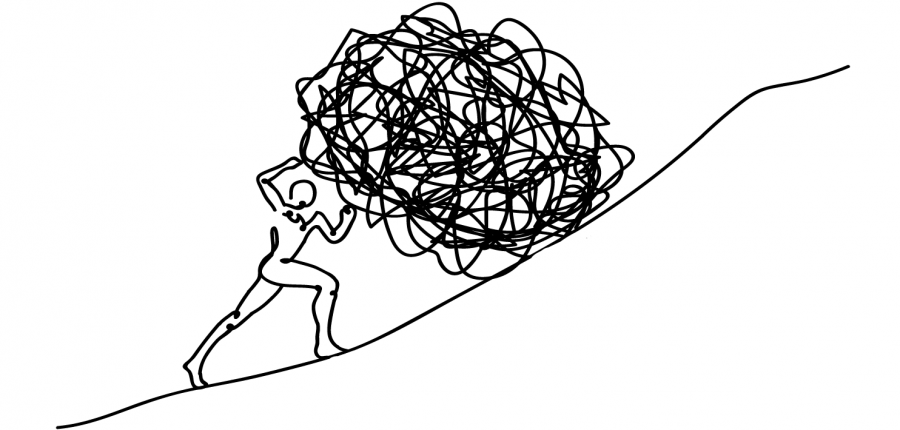The Importance of Rebellion
French Absurdist Albert Camus once said, “The only way to deal with an unfree world is to become so absolutely free that your very existence is an act of rebellion.”
Life has no inherent meaning. There is no ultimate plan or goal to our existence. This is because our existence precedes our essence.
In contrast to a pencil, which is first conceptualized as a thing with which to write before it is made manifest, humanity has no purpose before our creation.
We are simply thrown into the world and are forced to make choices. These choices are vital. They are what help give context to our existence and the world around us. They may even help give meaning to the world.
And yet, for Camus, this process of creating projects to establish meaning is in itself meaningless. No matter how hard we try, we shall not find meaning nor shall we create it.
However, despite this bleak outlook, we should not give up on our search. We ought to rebel against the conditions of human existence and search for meaning, knowing full well that we shall not find it simply out of spite.
The decision to rebel can manifest in various ways. One such manifestation is the decision to fight for one’s beliefs against intense opposition.
One instance is, obviously, Martin Luther King Jr.’s various social activist work. Even with nonviolent actions MLK was rebellious. He was beaten, threatened, jailed and eventually martyred, all because he fought for a positive peace with the presence of justice. Had he not had the willingness to rebel against the unjust social order, our world would be worse off.
However, rebellion is valuable to humanity, not only for political reasons, but for aesthetic and personal reasons.
Socrates on the precipice of death denied the chance to escape his fate. Even in obeying the state’s mandate, Socrates committed an act of rebellion that is vital to the history of western philosophy and society as a whole. He believed the true philosopher did not have a fear of death. In this sense, Socrates died for a higher principle.
However, the decision to rebel need not always be life and death.
For instance Impressionist painter Claude Monet chose to rebel against the artistic rules established by the Académie des Beaux-Art. Additionally, French director Jean-Luc Godard would have never gained his place as the innovative film maker who would inspire so many others had he not chosen to break the established rules of editing and story structure.
In a word, no good art was made by following the rules.
This is not to say that one ought to rebel simply for rebellions sake; rather, rebellion ought to be productive. One should not decide, for instance, to eschew bathing simply for the sake of rebellion against the established order of hygiene.
One should, instead, seek to rebel in order to create something new.

Vince Orozco is THE Managing Editor for “The Tiger Print.” Vince’s skills include rapping and writing long essays that nobody reads. In school, he...




